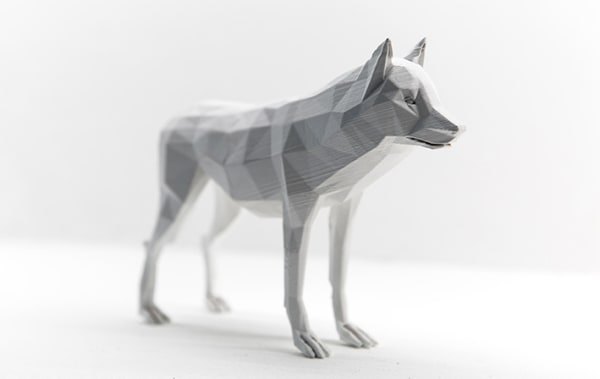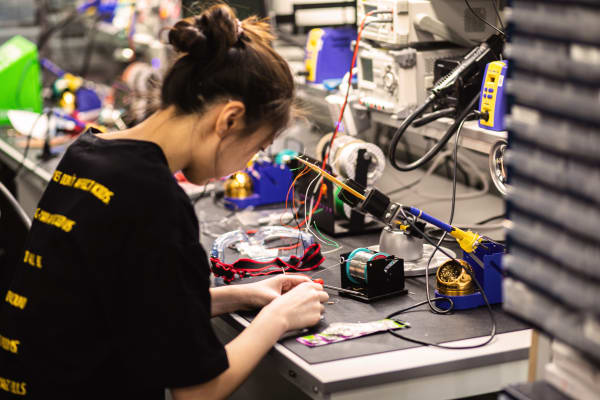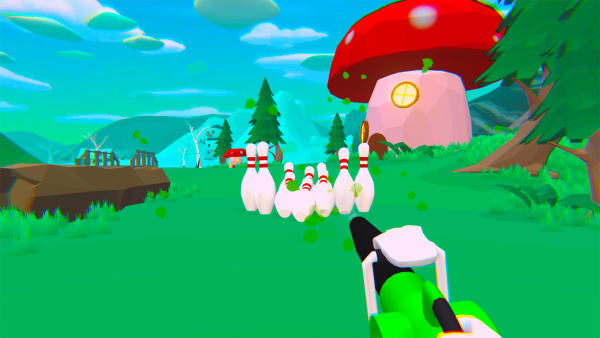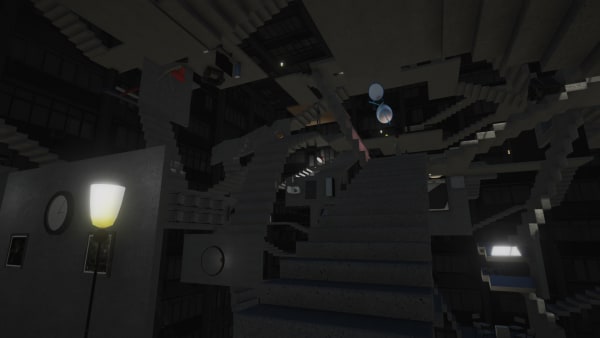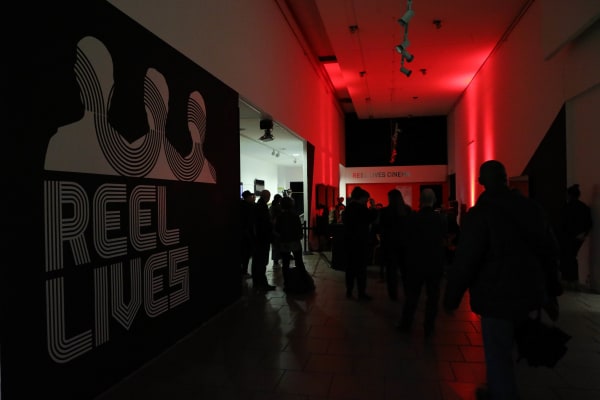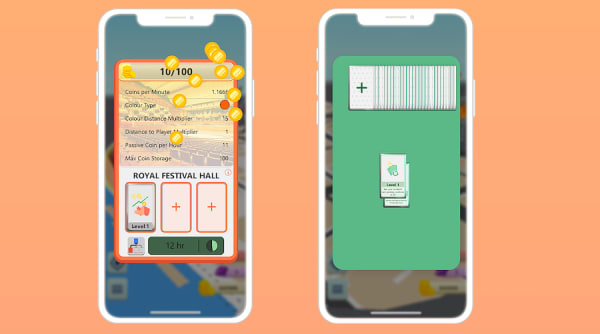Course units
In response to the Climate Emergency, UAL has embedded responsible practices within the curriculum. We shaped our courses around principles of social and racial justice, and environmental sustainability that ensure learning outcomes reflect the urgent need to equip you with the understanding, skills, and values for ethical practice and empower you to work towards an equitable future.
Each course is divided into units, which are credit-rated. The minimum unit size is 20 credits. The MA course structure involves five units, totalling 180 credits.You will respond to briefs that are set to test your learning in the units described below:
Autumn, term 1
1. Design and Prototyping (40 credits)
You’ll prototype a range of playable games in different mediums and genres, focusing on testing concepts and ideas. You’ll also analyse and compare game mechanics and systems from existing games to gain an understanding of specific games design elements.
Spring, term 2
2.1 Understanding Play (20 credits)
You’ll utilise both primary and secondary research to gain a critical understanding of game design theory on a subject of your choice, and you’ll consider both the existing academic writing on game design theory and utilising theory from other subject areas.
2.2 Collaborative Unit (20 credits)
Working with other students from across the College or external partners, you’ll explore the influence of different subject knowledge areas and technical skills on your game design practice, resulting in a playable outcome.
Summer, term 3
3. Critical Play and Development (40 credits)
You’ll explore how the mechanics of play can be used in your own practice to express meaning and convey a message by developing a playable game experience. You’ll examine games as a form of literature, which can be deconstructed and critically analysed.
4. Thesis and Final Project (60 credits)
Synthesising the knowledge, skills and experience from the previous units of the course, you’ll produce a self-directed project and associated thesis.
Autumn, term 4
4. Thesis and Final Project (continued)
If you are unable to continue or decide to exit the course, there are two possible exit awards. A Postgraduate Certificate will be awarded on successful completion of the first 60 credits and a Postgraduate Diploma will be awarded on successful completion of the first 120 credits.














